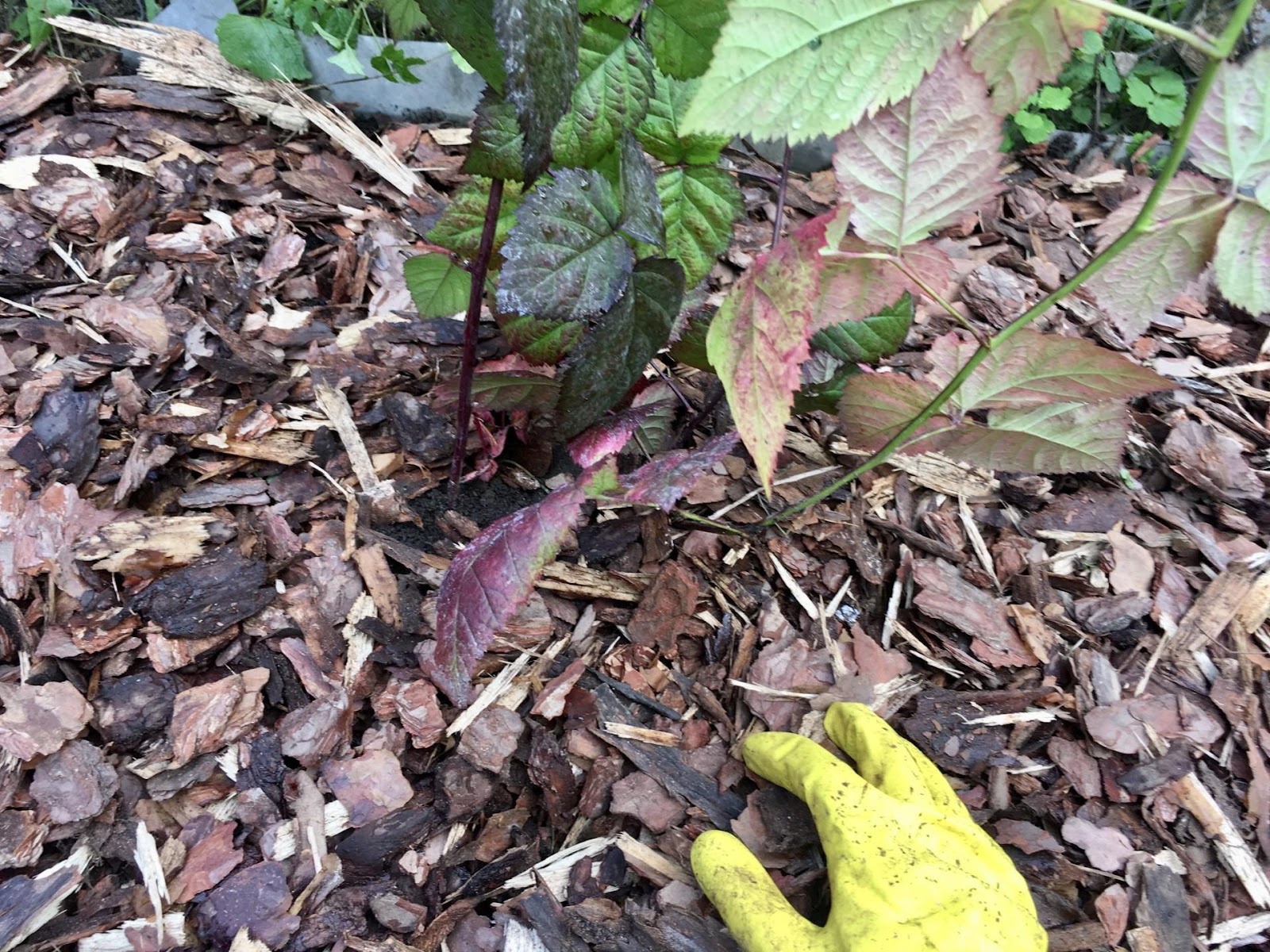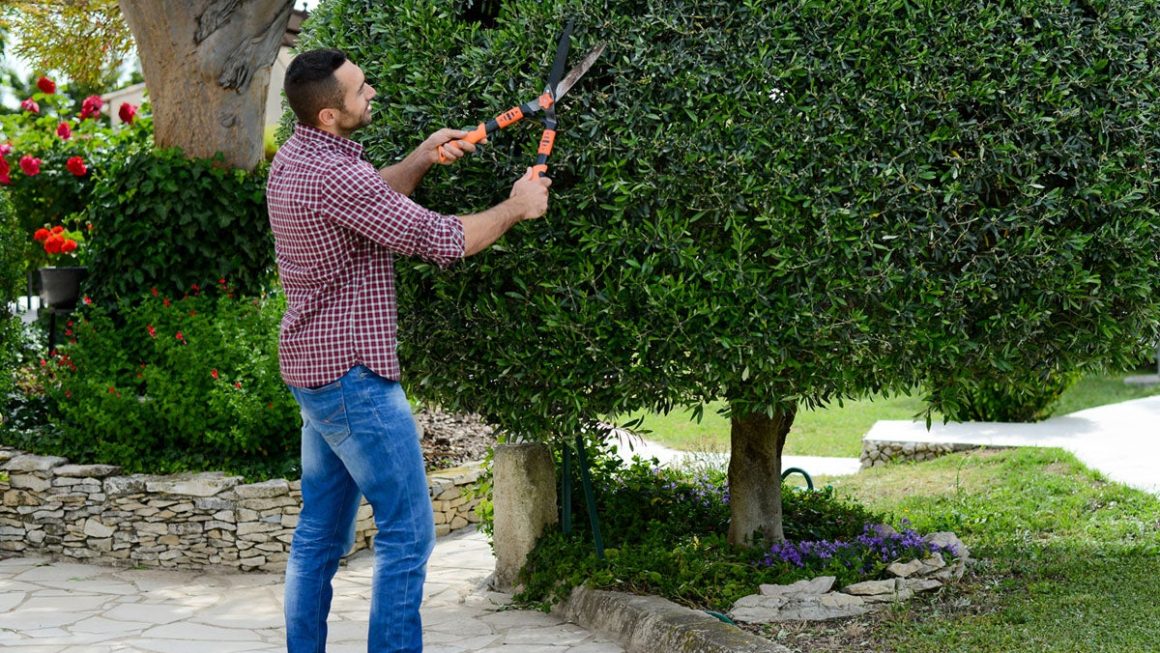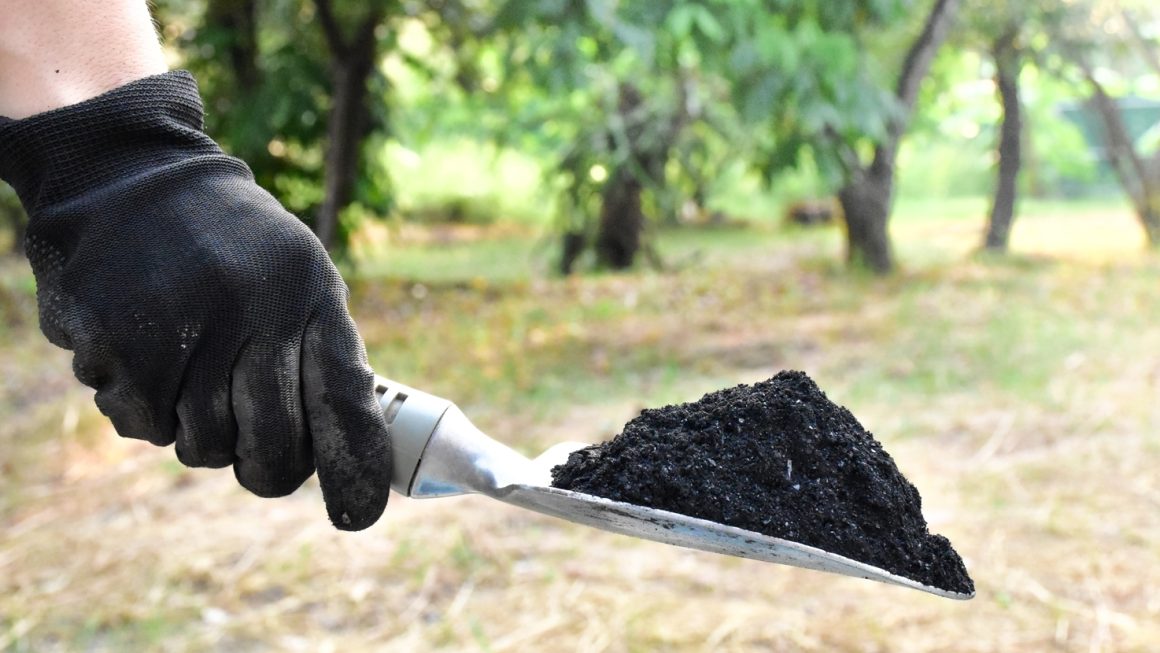What is garden mulch?
Garden mulch is a material, usually organic, that is spread over the surface of the soil to protect it from the elements. It helps conserve moisture in the soil, keeps the roots of plants warm in winter and cool in summer, and prevents erosion. It can also suppress weeds and help reduce insect and disease problems in your garden.
Which is the Best Mulch for Gardens?
- Wood chips or bark
This type of mulch is long-lasting and provides good weed control. It can be made from limbs and branches that are left over from pruning trees, or you can buy it in bags or in bulk. Be sure to choose a type of wood that is not treated with chemicals, such as those used for decks and playgrounds.
- Compost
This is a good choice for gardens that are heavy feeders, such as vegetable gardens. It will improve the quality of your soil over time as it decomposes. Kitchen clippings are a good source of organic compost, so, it may be best to save those fruit peeling and vegetable trimmings.
- Straw or Hay
This type of mulch is often used in vegetable gardens to keep the fruits and vegetables clean and free of dirt and debris. It can also be used in flower beds to keep the plants from blowing over in the wind. This is a good mulch for delicate plants, such as strawberries. It breaks down quickly, so you will need to replace it more often.
- Grass clippings
These make an excellent mulch for gardens that are not too wet. They can be spread directly on the soil surface or used in pots. As long as they don’t contain chemicals from herbicides or pesticides, grass clippings make a good mulch. They will break down quickly, so you will need to add more often.
- Leaves
Leaves make a good mulch for gardens that are not heavy feeders. They will eventually break down and improve the quality of your soil. Just make sure to chop them up first so they don’t blow away. In some cases, they are dried to make leaf mould, which is an excellent soil amendment.
- Newspaper
Layers of newspaper can be used as mulch, and will eventually decompose. Be sure to use black and white newsprint, as the coloured inks can be toxic to plants. You may also consider bond paper trimming for your mulch.
- Rocks
This can be used as mulch in gardens that are not subject to erosion. Rocks and stones will help keep the soil from drying out, but won’t add any nutrients. They also help prevent the growth of unwarranted weeds that can otherwise harm your plants.
- Pine Needles
Pine needles make an acidic mulch that is good for plants that prefer acid soil, such as blueberries.
When choosing a mulch for your garden, be sure to consider the needs of your plants and the climate in which you live. The type of mulch you use can make a big difference in the health and appearance of your garden.
You should also know and understand the needs of your garden depending on its type. If you are not sure which type of mulch is best for your garden, ask a local nursery, gardening centre or landscaping supply provider for advice.
In general, organic mulches are best for gardens, as they improve the soil as they break down. Inorganic mulches, such as black plastic, can be used in some situations but can also harm the soil.
You should also consider applying mulch around the base of plants, keeping it away from the stems. This will help prevent rot and keep the soil cooler in summer. Be sure to replenish your mulch each year as it breaks down.
What tips can be applied when mulching your garden?
- Use a 3-inch layer of mulch around plants, keeping it away from the stems.
- Be sure to replenish your mulch each year as it breaks down.
- Use organic mulches whenever possible, as they improve the soil as they break down.
- In general, it is best to apply mulch around the base of plants, keeping it away from the stems. This will help prevent rot and keep the soil cooler in summer.
- Be sure to choose a mulch that is appropriate for your climate and plants. Some mulches, like straw, decompose quickly in warm weather, while others, like wood chips, take longer to break down.
- Use a layer of black plastic mulch to warm the soil in cool weather and help prevent weeds. Remove the plastic in summer to allow the soil to breathe.
For garden plants to thrive and survive, they require soil nutrients in addition to water and sunlight. And what better way to achieve this than to boost the soil properties with mulch.
Contact Mazzega’s Landscaping Supplies for quality and affordable mulch!



